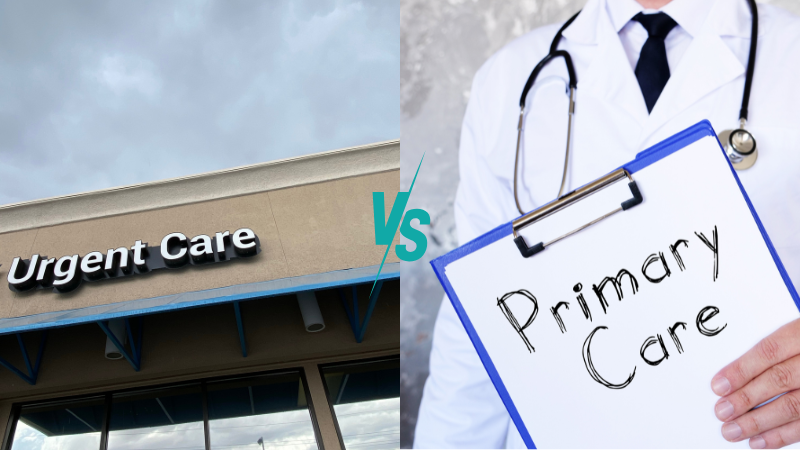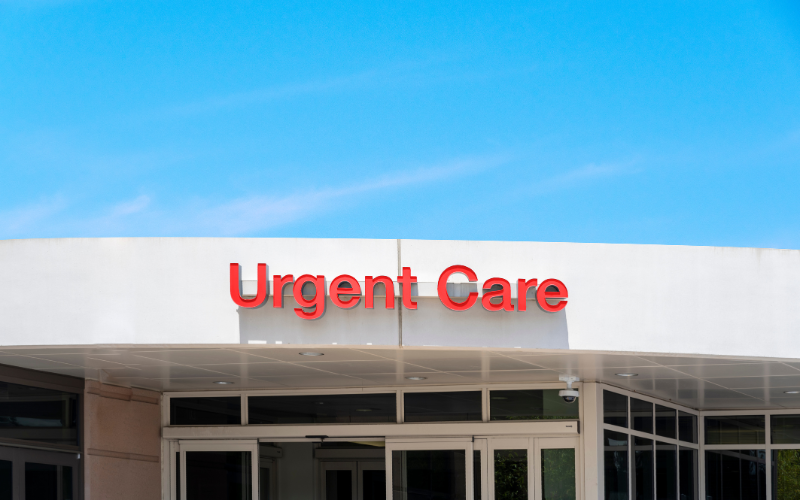
In the year 2018, among the multitude of individuals who found themselves in the emergency ward, 27% (35 million) encountered injury-related circumstances, with 12.4% (16.2 million) necessitating hospitalization. These statistics encompass a broad spectrum of ailments, spanning from cephalalgia, respiratory tract infections, vertigo, and lumbar discomfort, to intestinal sluggishness, queasiness, and numerous others. However, if confronted with such afflictions or others alike, is the recourse of emergency medical attention the optimal path to pursue? Or does one fare better by seeking out immediate care or primary healthcare? What are the benefits?
For residents of Henderson, NV, grappling with such dilemmas, assistance is at hand. Dr. Desa along with the compassionate cadre at Ace Primary Care Health Care proffer substantial expertise in delivering superior healthcare services to their clientele.
THE DISTINCTIONS BETWEEN PRIMARY CARE AND URGENT CARE
Although significant overlaps exist in the services provided by both, the principal disparity lies in the depth of understanding each practitioner possesses regarding your specific requirements and the urgency of treatment.
Your primary care provider (PCP) assumes the mantle of your principal physician; overseeing your holistic medical welfare and making referrals to specialists as needed for diagnostics and other exigencies. They possess intimate knowledge of your medical history and cater to routine matters such as annual check-ups, prescription renewals, and immunizations. Conversely, an urgent care practitioner is engaged when immediate attention is imperative or when medical aid is required outside conventional office hours.
WHEN IS PRIMARY CARE WARRANTED?
Given its orientation towards sustained care under the purview of your PCP, non-critical ailments such as viral and bacterial infections, traumas, accidents, and miscellaneous concerns are frequently managed through this avenue. The PCP’s familiarity with your medical background enables expedited identification and management of symptoms that may be linked to prior ailments or chronic maladies.
Moreover, their access to your medical dossier facilitates the management of allergies, familial medical lineage, and familiarity with your prescribed medications. Enhanced rapport with your PCP also fosters a conducive environment for voicing concerns regarding symptoms that may not be urgent but warrant attention nonetheless.
WHEN IS URGENT CARE INDICATED?
Urgent care serves the singular purpose as implied by its nomenclature — addressing conditions that demand prompt intervention. While many of these conditions (sprains, strains, infections, colds, influenza, lacerations, fever, allergies, contusions, etc.) can be managed by your PCP, certain instances may necessitate immediate attention or may manifest after regular clinic hours. Though capable of addressing fractures, burns, and thoracic discomfort, severe iterations of these maladies or graver afflictions warrant referral to the emergency department.
Subsequently, it is advisable to apprise your PCP of any visits to an urgent care facility, keeping them abreast of developments in your condition after your urgent care consultation. Discerning when to avail oneself of urgent care or consult with one’s primary care provider can significantly augment the caliber of treatment received. Should the need for medical intervention arise, scheduling an appointment with Dr. Apeksha Desai and Ace Primary Care promises timely assistance





